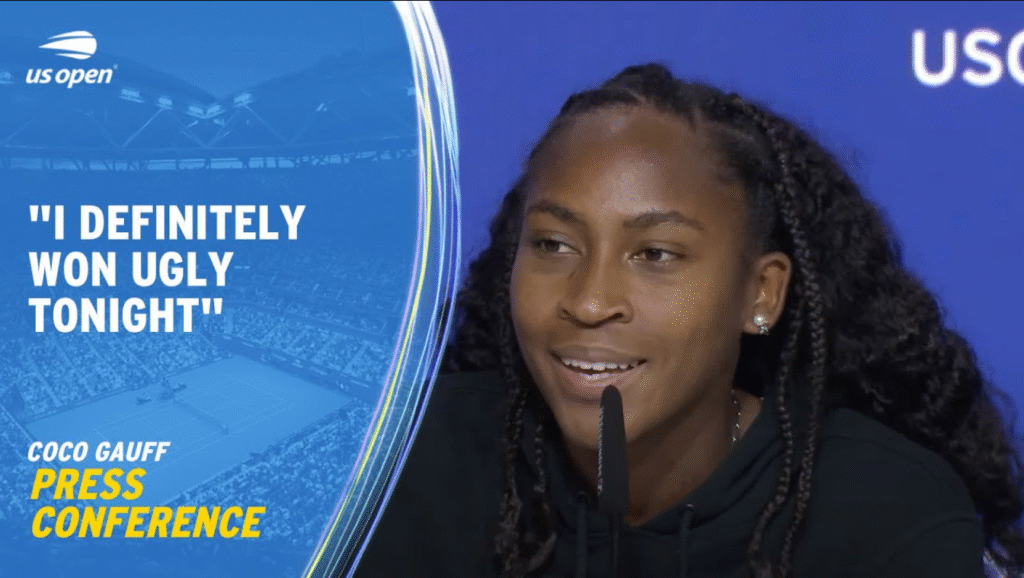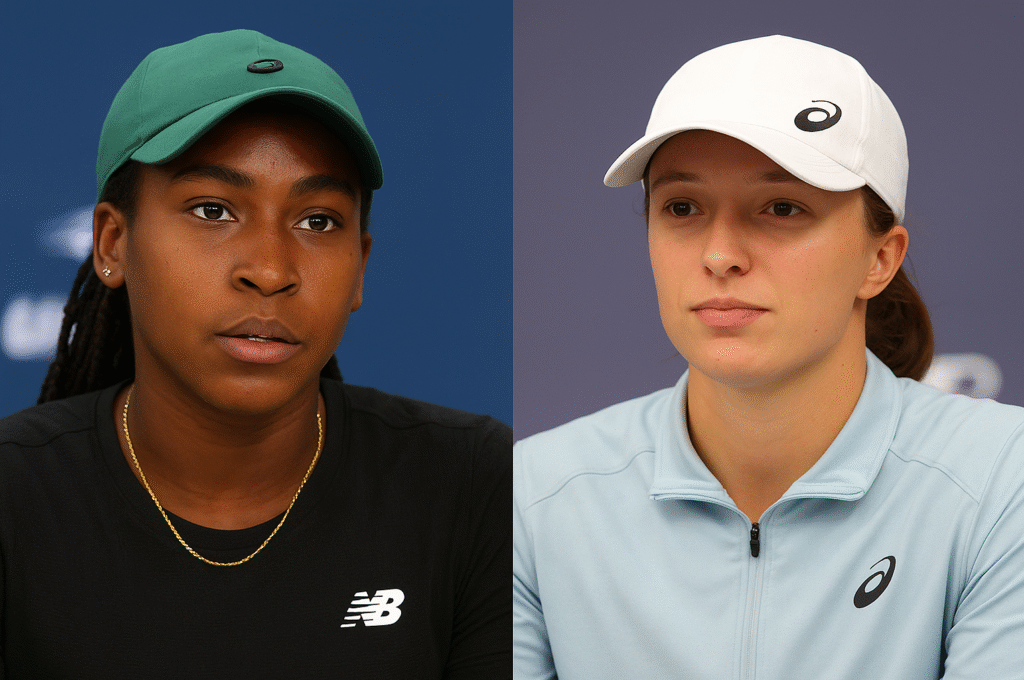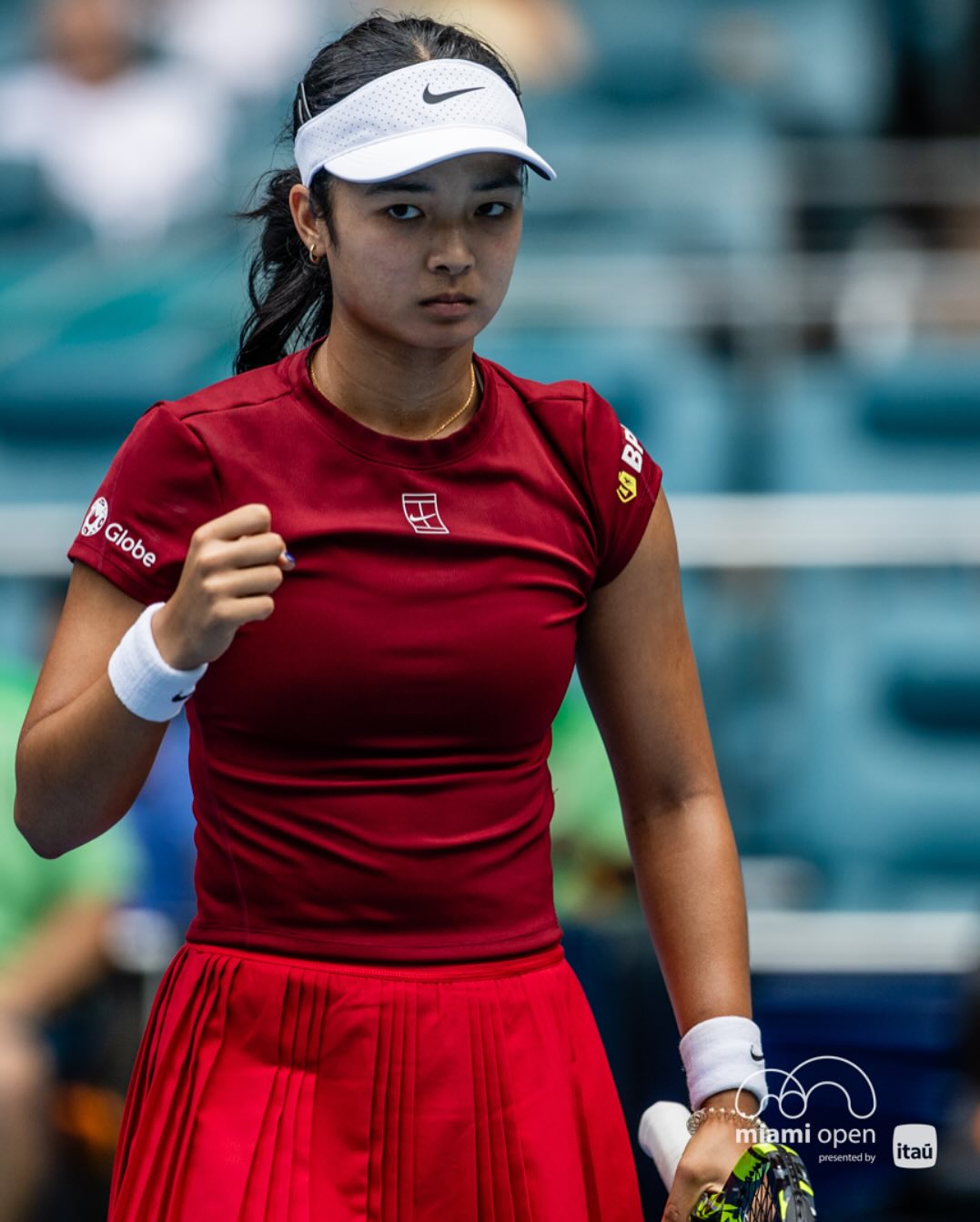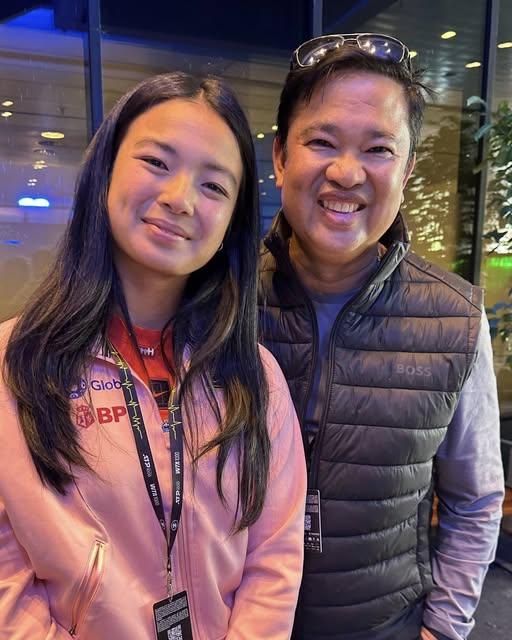
As the U.S. Open approaches, two of the brightest stars in women’s tennis — Coco Gauff and Iga Świątek — find themselves not only as rivals for rankings and titles, but also as unexpected allies in mindset and advocacy. Their alignment ahead of the final Grand Slam of the year reveals a fascinating dynamic: two competitors at the top of their game, yet united by shared principles and vision for the future of the sport.
A Season Marked by Rivalry and Respect
In the past year, Coco Gauff has firmly established herself among the elite. Winning her maiden Grand Slam at the 2023 U.S. Open was a career-defining moment, and her consistency since then has placed her at World No. 2, just behind Aryna Sabalenka.
Meanwhile, Świątek, who dominated the sport during her reign as World No. 1, has shown resilience after a mid-season dip. Her resurgence, highlighted by her Wimbledon 2025 victory and a deep run in Cincinnati, has put her back in striking distance of Gauff in the rankings.
Going into New York, the numbers tell a story of fierce competition. Gauff currently holds a narrow edge in the standings, but Świątek could leapfrog her with a strong U.S. Open showing. Their rivalry is real, but so too is the respect that flows between them — a respect that has now blossomed into agreement on how they approach both tennis and the broader ecosystem of the sport.
Why Rankings Are Only Part of the Story
In press conferences this season, Gauff has been clear: “My priority is titles, not numbers.” For her, lifting trophies at the biggest tournaments — Grand Slams, WTA 1000 events — carries more weight than week-to-week positioning in the rankings.
Świątek, on the other hand, has been vocal about her desire to reclaim ground in the standings. Yet even she acknowledges that rankings, while prestigious, don’t define a career. “Consistency, growth, and moments that last forever — those are what matter most,” Świątek remarked after her semifinal win in Cincinnati.
This is where the two converge: they may chase goals differently, but they agree on the bigger picture. Success isn’t defined by being No. 1 or No. 2 on any given week — it’s about building a legacy of excellence and resilience.

Shared Advocacy: Players First
Beyond the court, Gauff and Świątek have become influential voices for athletes’ rights.
Earlier this summer, they joined Novak Djokovic and other players in signing an open letter advocating for improved prize money distribution and fairer tournament governance. Their stance was clear: tennis thrives when players at every level are supported, not just those at the very top.
For Gauff, this is part of a broader vision. She recently launched her own management firm, Coco Gauff Enterprises, signaling her determination to take control of her career trajectory in ways few players her age have dared. Świątek, known for her thoughtful and measured voice in the sport, has likewise emphasized the need for fairness and sustainability in tennis.
Together, they represent a new generation of leaders — not afraid to challenge tradition, not afraid to demand change.
A Rivalry That Elevates the Game
On the court, the rivalry between Gauff and Świątek has been one of the most captivating in recent memory.
Świątek dominated their early meetings, using her heavy topspin forehand and relentless baseline consistency to neutralize Gauff’s athleticism. But Gauff has closed the gap, most memorably defeating Świątek in the 2023 Cincinnati Open semifinals — a victory she later described as a turning point in her career.
Now, with both players entering the U.S. Open in top form, tennis fans are salivating at the prospect of another showdown under the bright lights of Arthur Ashe Stadium.
Their rivalry isn’t hostile. In fact, it’s quite the opposite: Gauff has praised Świątek for setting the standard in women’s tennis, while Świątek has credited Gauff’s work ethic and maturity as driving her to improve. That kind of mutual respect elevates the game, inspiring fans and younger players alike.
Off-Court Parallels
What makes the alignment between Gauff and Świątek even more striking is how their lives off the court mirror one another.
- Coco Gauff is building her brand with independence, philanthropy, and a strong sense of identity. She has also become a role model for younger athletes navigating fame and pressure at a young age.
- Iga Świątek is equally mindful of her platform, using her voice to advocate for mental health awareness and charitable causes in Poland and beyond.
Both athletes understand that their careers are about more than tennis. They are shaping culture, redefining what leadership looks like in women’s sports, and opening doors for the next generation.
What It Means for the U.S. Open
As the U.S. Open approaches, the stakes are high:
- For Gauff, defending her title at home would solidify her status as the face of American tennis.
- For Świątek, reclaiming a hard-court Slam would remind the world why she has been the most dominant player of her era.
- For both, their seeding and ranking position could determine how the draw unfolds — whether they meet in the semifinals, finals, or not at all.
But more importantly, their alignment in mindset and advocacy ensures that, whatever the outcome in New York, women’s tennis is in good hands.
The Bigger Picture
Tennis is often framed around rivalries: Serena vs. Venus, Federer vs. Nadal, Djokovic vs. Murray. But the Gauff–Świątek story is different. It’s not just about who wins and who loses; it’s about two players simultaneously pushing each other while reshaping the sport’s future.
Their agreement ahead of the U.S. Open — on values, on priorities, on the importance of looking beyond rankings — offers a refreshing reminder that competition doesn’t have to mean division. It can mean solidarity, even partnership, in making tennis a better place for all.
Coco Gauff and Iga Świątek may be on a collision course at the U.S. Open, but their paths are aligned in ways that transcend the tournament. Both are determined to leave a mark not only as champions but also as leaders. Their agreement on what truly matters in tennis — legacy, fairness, advocacy — signals the dawn of a new era for women’s sport.
As the U.S. Open curtain rises, fans will be watching not only for the epic rallies and title runs but also for the deeper story: two young women, rivals and allies, rewriting the playbook for what it means to be a champion in the modern age.


